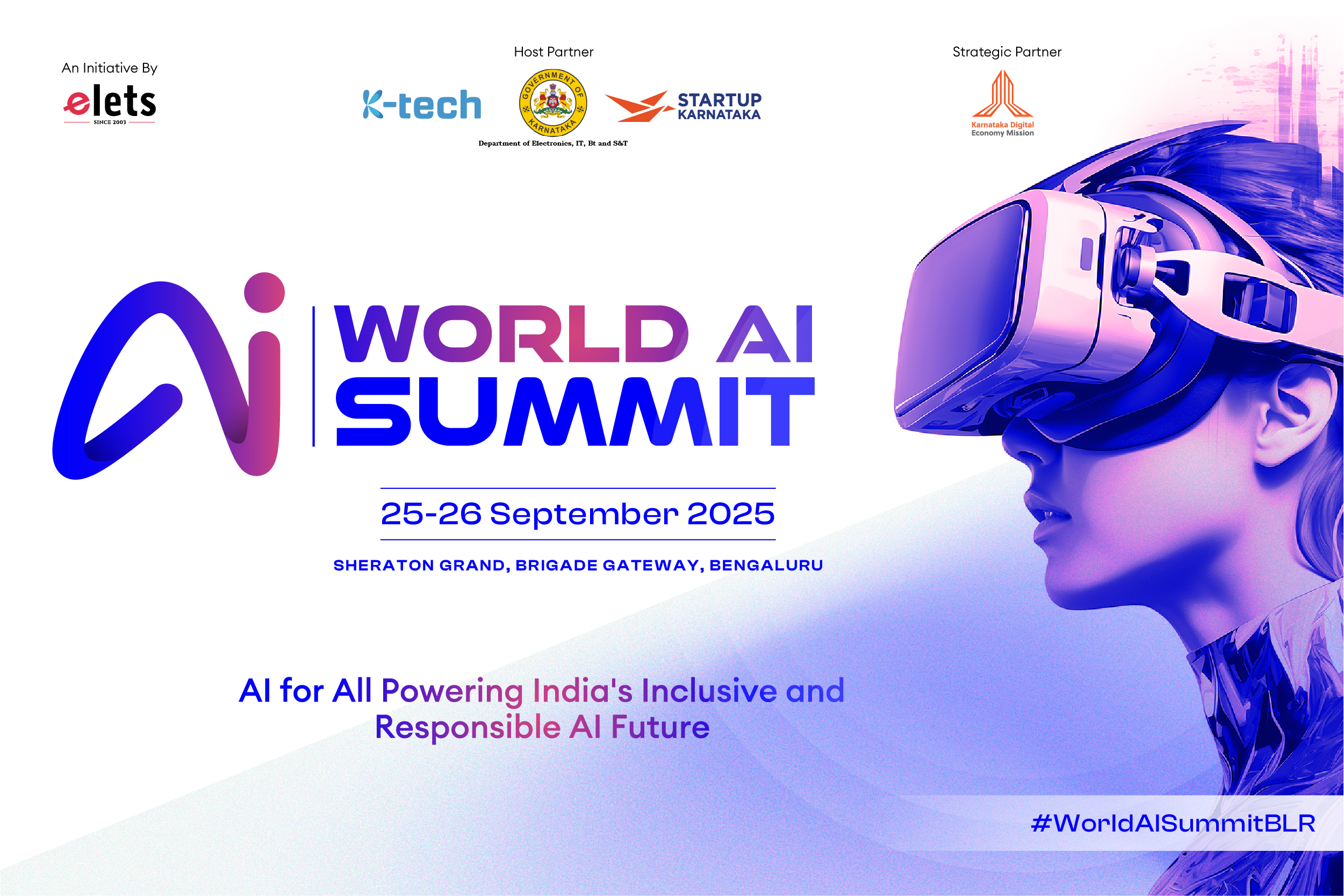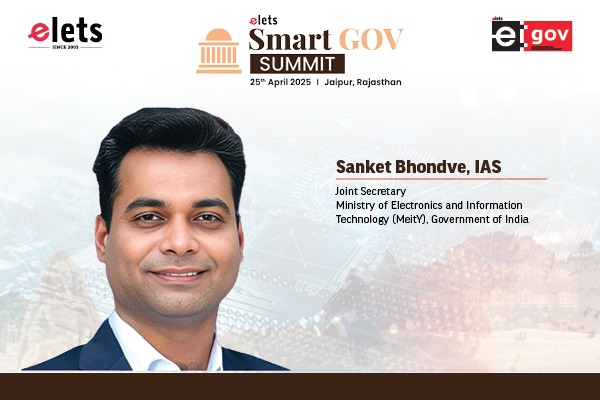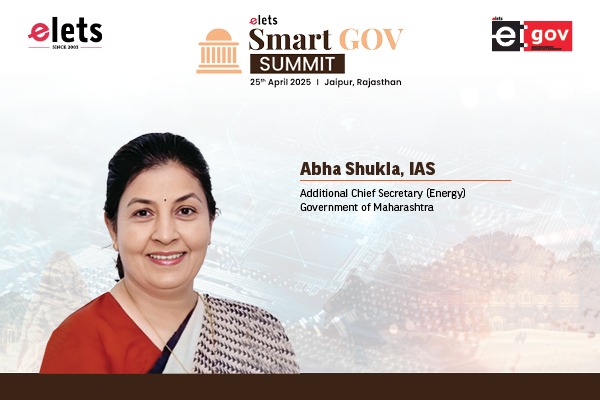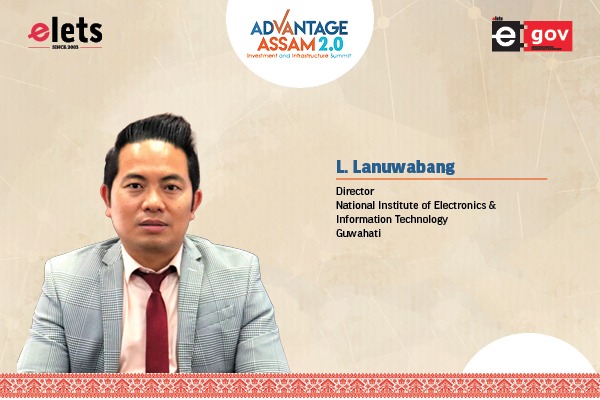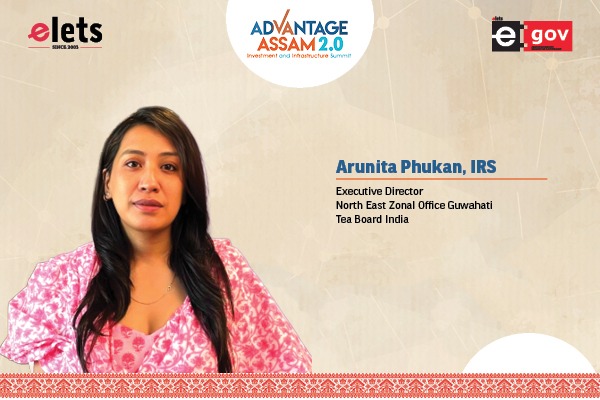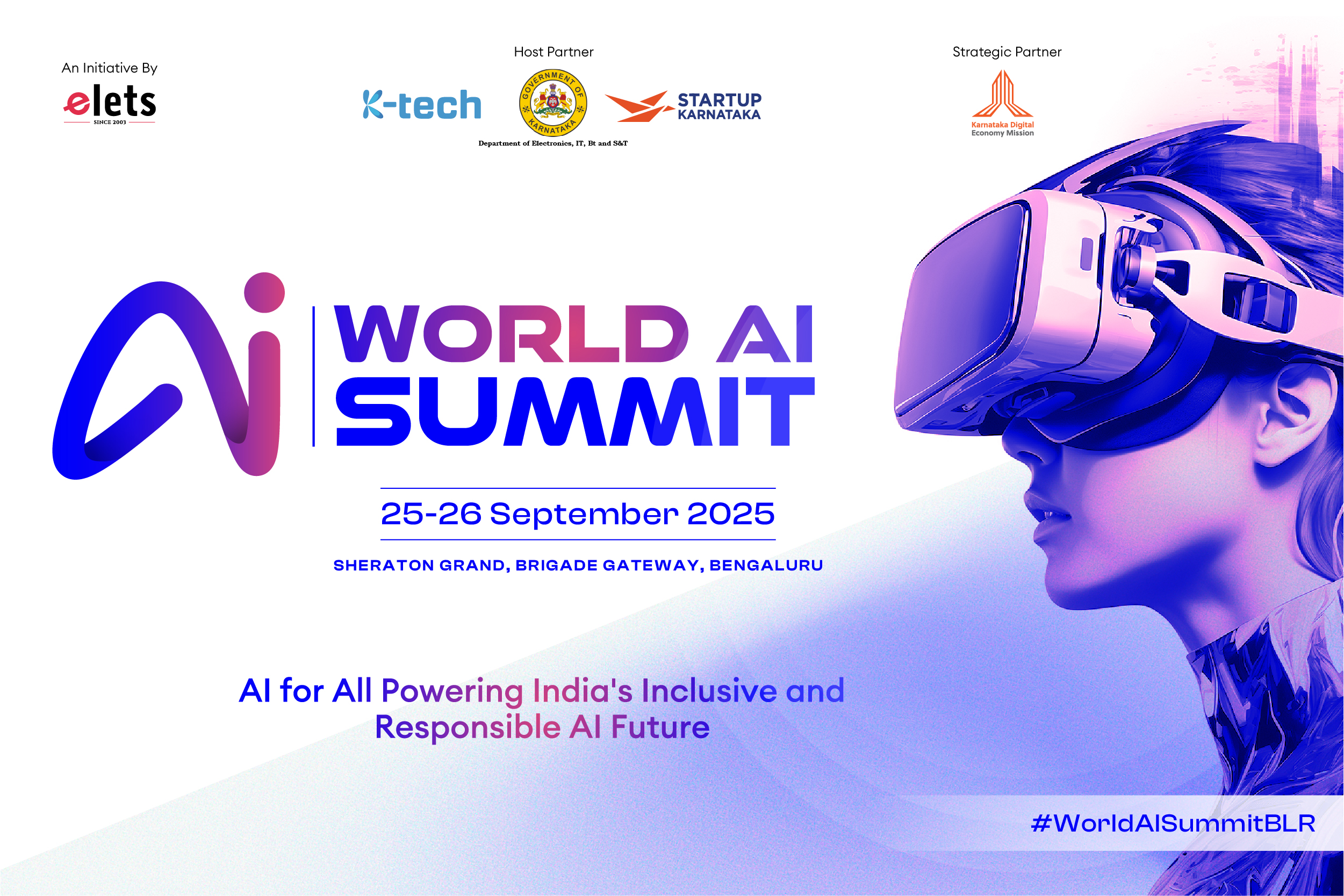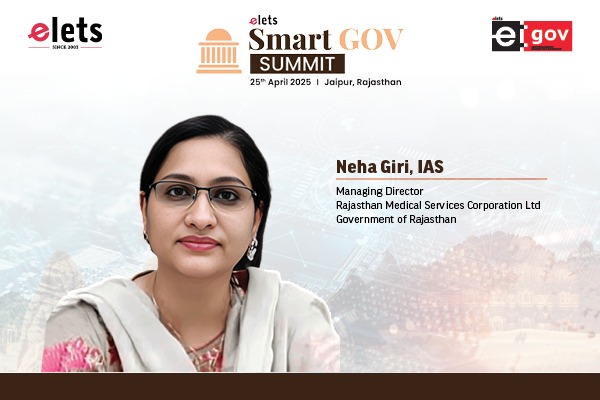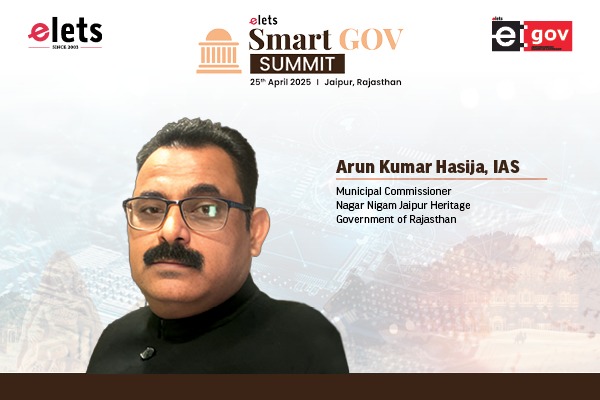
India is on a move to rapid increase in urbanisation with an estimate of 590 million people to start living in cities by 2030, going up to 820 million by 2050. However, demand for a rapidly urbanising society comes when Indian cities are spiralling – climate is changing, making cities more prone to extreme rain events and floods while water scarcity and pollution continues to grow, writes Dr. Mahreen Matto, Program Manager, Sanitation Capacity Building Platform (SCBP), NIUA.
Ground water, lakes and rivers are exhaustively overdrawn, yet no city is able to meet the service level benchmark of water supply.¹

According to the Niti Aayog, Composite Water Management Index (CWMI) report, 100 million people are on the frontline of a national water crisis and many major cities are facing an acute water shortage.² The CWMI report also highlights that by 2030, the country’s water demand is projected to be twice the available supply, implying severe water scarcity for hundreds of millions of people and an eventual 6 per cent loss for the country’s GDP.


India’s Water Crisis
Indian cities practise the colonial conventional water management approach, which focuses on supply of water. Furthermore, there is an increased dependence on long distance sources; pumping and piping the water means both loss in distribution as well as high costs of energy and infrastructure. Thus, focuses on hardware solutions and neglects future spatial development of cities. This approach is unsustainable, given that more water supply leads to more wastewater generation, which in turn increases the cost of treatment.³

About 80 per cent of the water that reaches households leaves as waste. In urban areas of the country, treatment of sewage/domestic wastewater is a big challenge. Since 2009, the pace of implementing Sewage Treatment Plants (STPs) has surpassed the pace of sewage generation. However, the statistics can be quite often misleading, because the gap between sewage generation and installed capacity was still 56 per cent in 2021. In the year 2020-21, 72 per cent of the sewage generated was discharged into the environment without treatment.

This clearly indicates that there is a huge gap between the wastewater generated and actually treated, that implementation and operation and maintenance of the sewerage network is cumbersome and financially unsustainable. As a result, most of the cities do not have fully functional wastewater management systems. Further, the growing pollution and the increasing demand exacerbates the inadequacy of treatment capacity which causes the disposal of untreated wastewater directly or indirectly into the water bodies. Thus deteriorating the quality of water bodies which poses a significant threat to human and environmental health.

However, the question arises, how will Indian cities grow, without creating solutions for wastewater and practice recycling and reuse? The challenge is to reinvent the wastewater management system that reuses every drop of water discharged, at affordable cost for all.
Research shows that wastewater is increasingly being considered an untapped resource to augment water supply that can ultimately reduce water stress. It is a valuable resource from which energy, water, organics, phosphates, nitrogen, cellulose, rare earths and other resources can be extracted.⁴
According to estimates, if 80 per cent of urban wastewater is treated by 2030, there will be around 400 per cent more treated wastewater available, which is equivalent to nearly 75 per cent of the anticipated industrial demand in 2025 and nearly a quarter of the country’s projected total drinking water needs.⁵
The National Missions such as Swachh Bharat Mission-Urban (SBM 2.0), National Mission for Clean Ganga (NMCG) and Atal Mission for Rejuvenation and Urban Transformation (AMRUT 2.0) have prioritised wastewater treatment, along with the reuse of treated wastewater as key environmental interventions towards a more water secure India. According to MoHUA, it is now called ‘used water’ which recommends a used water management approach based on the Citywide Inclusive Framework. Few states like Gujarat, Jharkhand, Haryana, Punjab, Rajasthan, Maharashtra, Chhattisgarh, Karnataka, Jammu and Kashmir and Madhya Pradesh have announced wastewater treatment policies.⁶ In states such as Delhi, Bengaluru, Gujarat, Chennai, Haryana, Maharashtra etc, the used water is used for horticulture, irrigation, construction and rejuvenation of lakes and waterbodies. Against this background, many municipalities across the country have started to pursue reuse projects:
- In 2014, Surat Municipal Corporation built a 40 MLD reuse plant to supply reclaimed water to Pandesara Industrial Estate
- In 2016, Chennai Metro Water Supply and Sanitation Board awarded a PPP based reuse project to develop 45 MLD reuse capacity on the design, build, and operate (DBO) model to supply used water to industries
- Bengaluru’s water utility has built a 10 MLD tertiary treatment plant at Yellahanka to supply used water to Bengaluru international airport
- Maharashtra Generation Company and Nagpur Municipal Corporation have jointly invested in a reuse project where used water from an STP is used as cooling water
- In 2016, New Delhi Municipal Council started promoting decentralised STPs to deal with the wastewater load in the city and promote recycling of used water for horticulture and irrigation
While policy and guiding frameworks recognise the need for recycling of wastewater, there has been little in terms of detailed guidance on the treatment standards, types of reuse applications, design and O&M considerations for management of wastewater recycling projects and tariff structures for sale of recycled wastewater for various applications. Such projects, while being undertaken by various states and cities in India, are largely structured individually and developed in isolation at the local level.
In the absence of specific standards and guidelines, the wastewater reuse for irrigation is practised informally in India. Local governments and industries in several parts of the country earn income by selling treated or untreated wastewater to local farmers. However, a lack of comprehensive standards and policy framework is hindering the development of a formal market, appropriate technology and sustainable business/financial models.⁷
From a resource perspective, sustainable wastewater management requires to overcome following challenges:⁸
i) Lack of knowledge about the concept of water resource recovery and considering wastewater as a resource.
ii) Need for policies and regulations that support and incentive used water.
iii) Lack of regulatory frameworks and guidelines for used water, biosolids and energy generation from treatment plants.
iv) Lack of coordination and convergence for the implementation of measures to align local activities, strategies and policies with those at a regional and national level, to initiate the dialogue between various government institutions and stakeholders and eventually transfer experiences and good practices for scaling up and integrating in corresponding policies and plans.
v) Tailored technologies that enable fit-for-purpose treatment to optimise resource utilisation.
Application of the resource recovery concept as well as planned wastewater management programmes of the Centre and states would be integral to achieving a Swachh Bharat in the complete sense. Such a nationwide comprehensive model will not only rejuvenate water bodies and help recharge groundwater to provide a safer and cleaner access to water, but also a healthier ecosystem.
1. Shah, M. (2016). Urban water systems in India: a way forward (No. 323). Working Paper.
2. Aayog, N. I. T. I. (2018). Composite water management index. National Institution for Transforming India, GOI.
3. Rohilla, S. K., Matto, M., Jainer, S., Kumar, M., & Sharda, C. (2017). Policy Paper on Water Efficiency and Conservation in Urban India. New Delhi: Centre for Science and Environment.
4. Connor, R., Renata, A., Ortigara, C., Koncagul, E., Uhlenbrook, S., Lamizana-Diallo, B. M., …& Hendry, S. (2017). The United Nations world water development report. Wastewater: The untapped resource. The United Nations World Water Development Report.
5. https://www.downtoearth.org.in/blog/water/covid-19-the-need-is-to-decentralise-how-we-manage-wastewater-70991
6. Government of Gujarat (2018) Policy for Reuse of Treated Waste Water; Government of Karnataka (2017) Policy for Urban Waste Water Reuse: Enabling Environment for Urban Wastewater Reuse; Government of Punjab (2017) The State Treated Waste Water Policy
7. Banerjee, A. Legal And Policy Framework For Wastewater Treatment And Reuse In India: A Background.
8. Wastewater? From Waste to Resource: Shifting Paradigms for Smarter Wastewater Interventions in Latin America and the Caribbean, 2018
Be a part of Elets Collaborative Initiatives. Join Us for Upcoming Events and explore business opportunities. Like us on Facebook , connect with us on LinkedIn and follow us on Twitter, Instagram.
"Exciting news! Elets technomedia is now on WhatsApp Channels Subscribe today by clicking the link and stay updated with the latest insights!" Click here!




